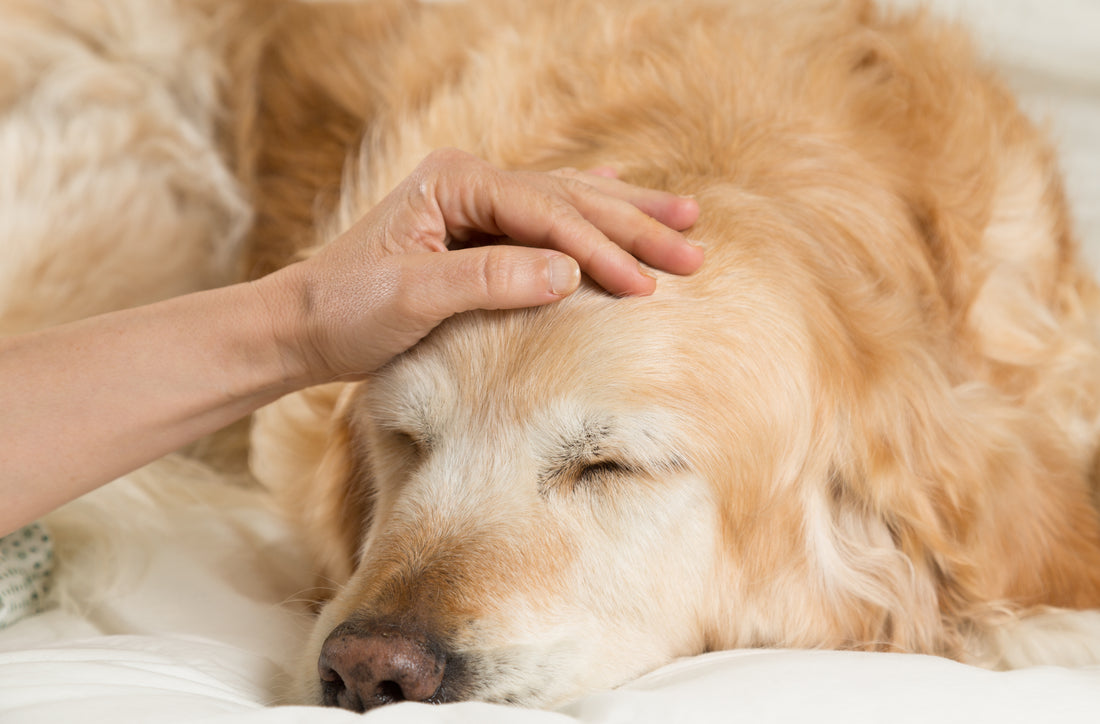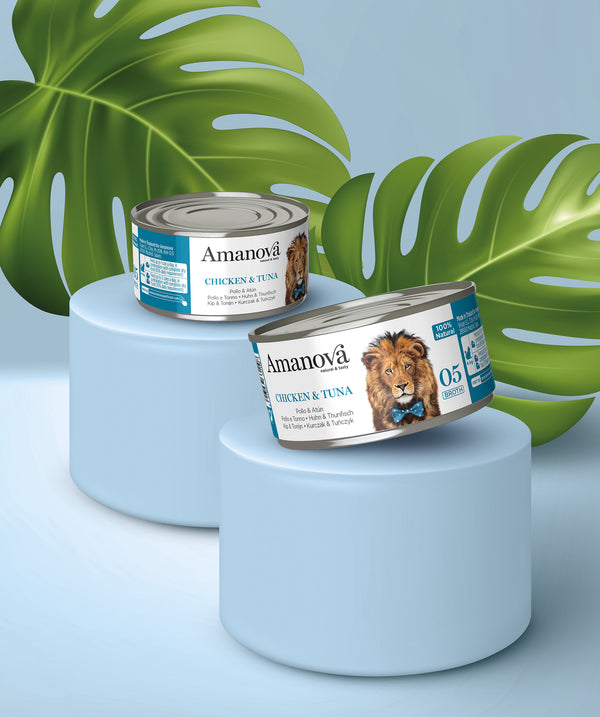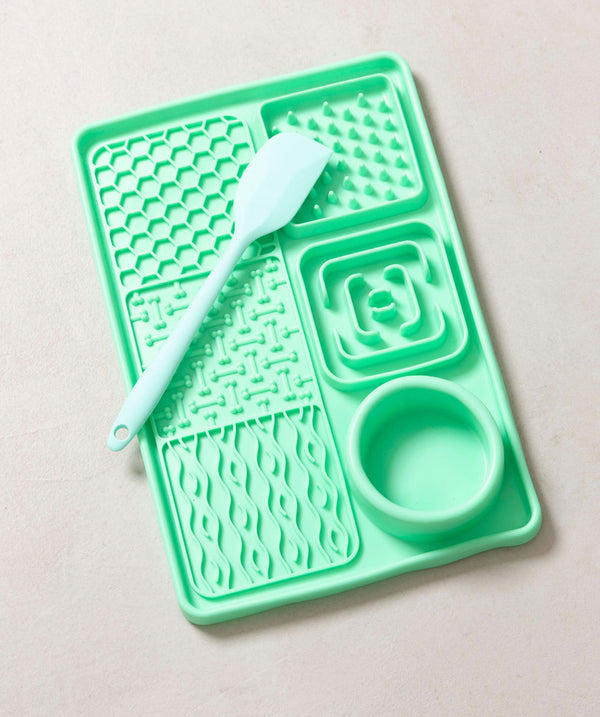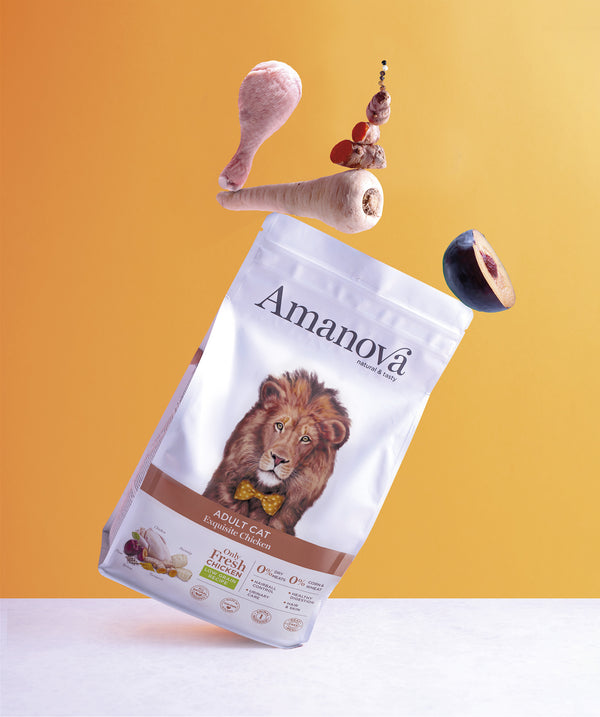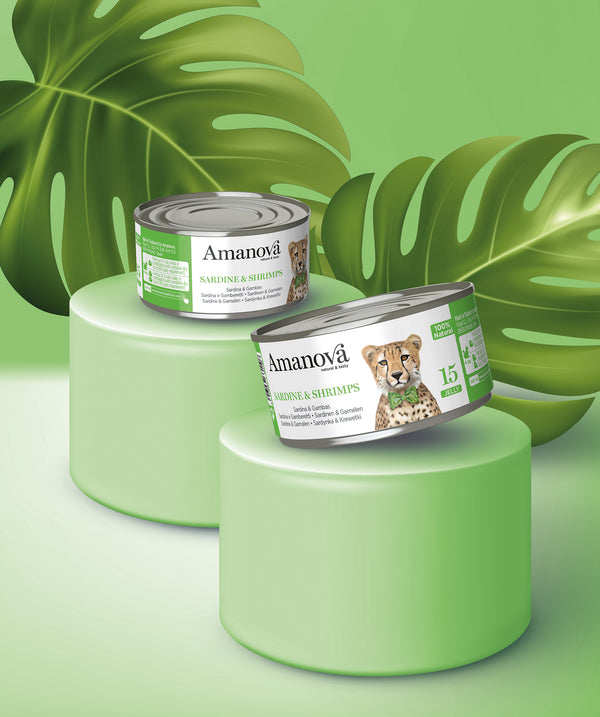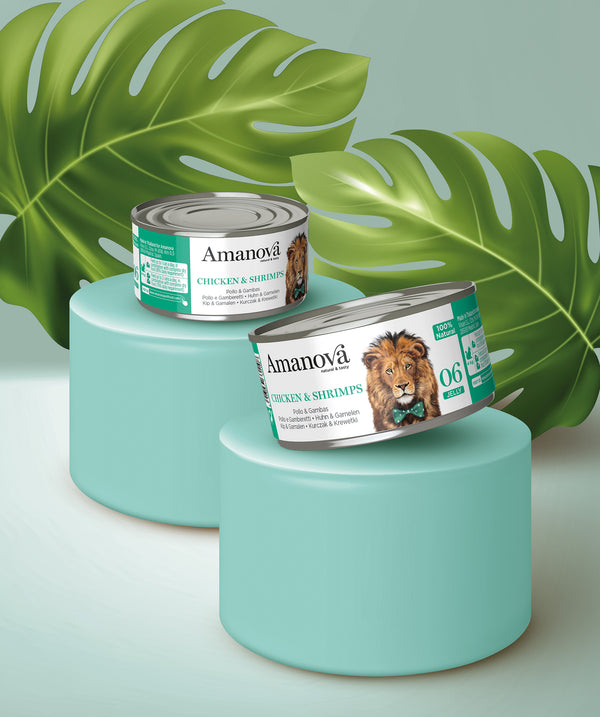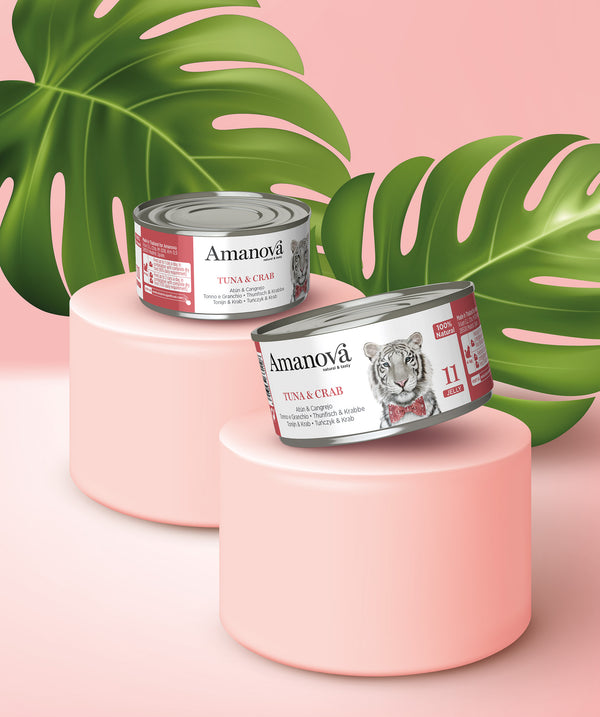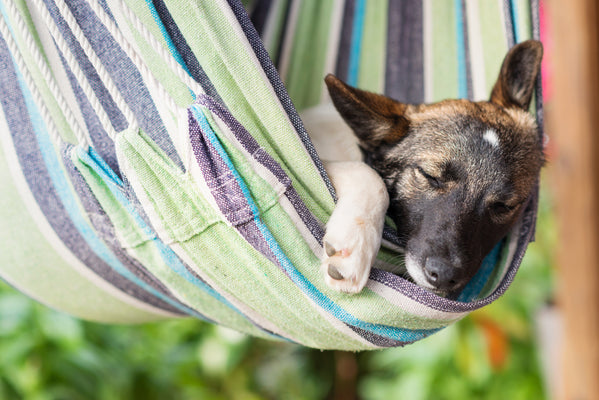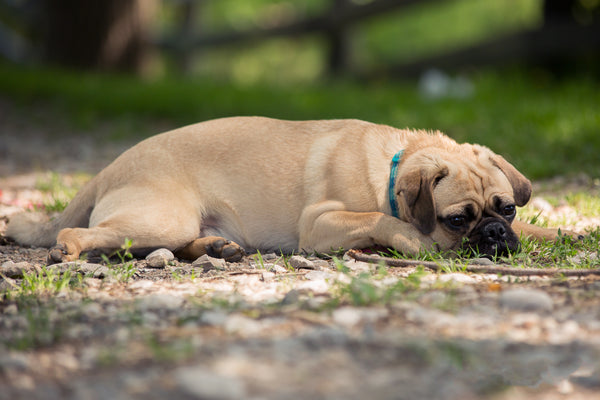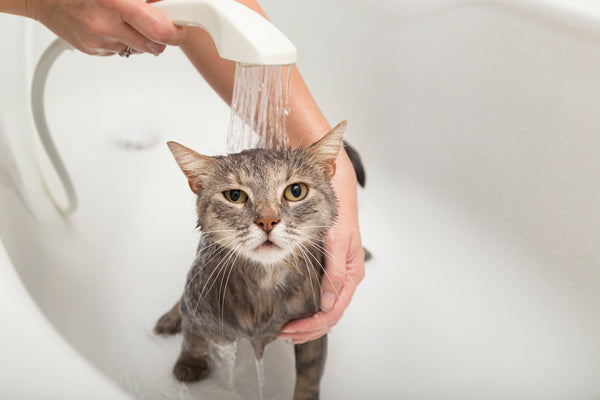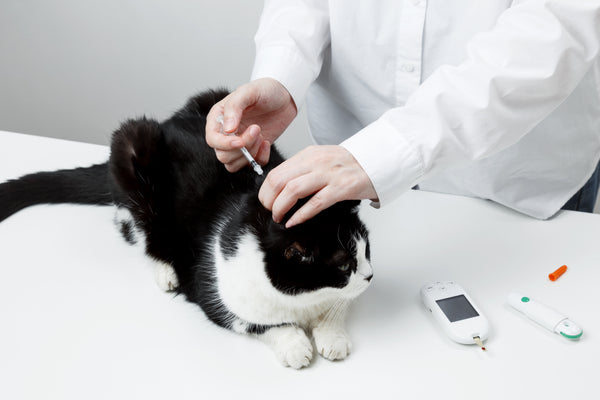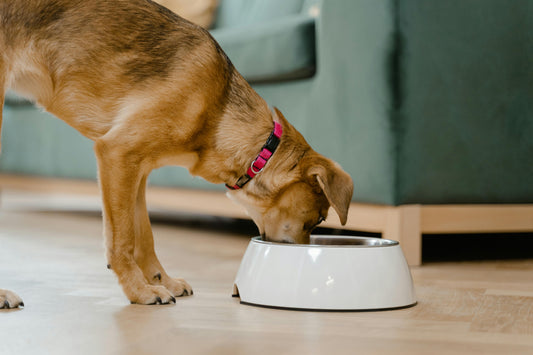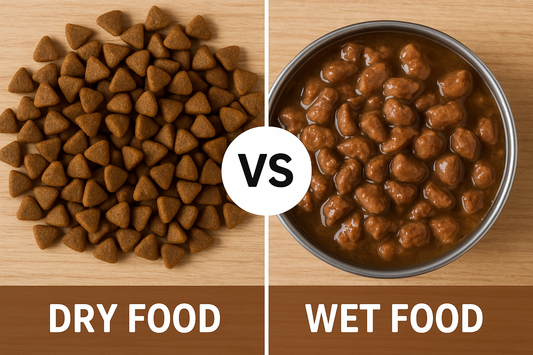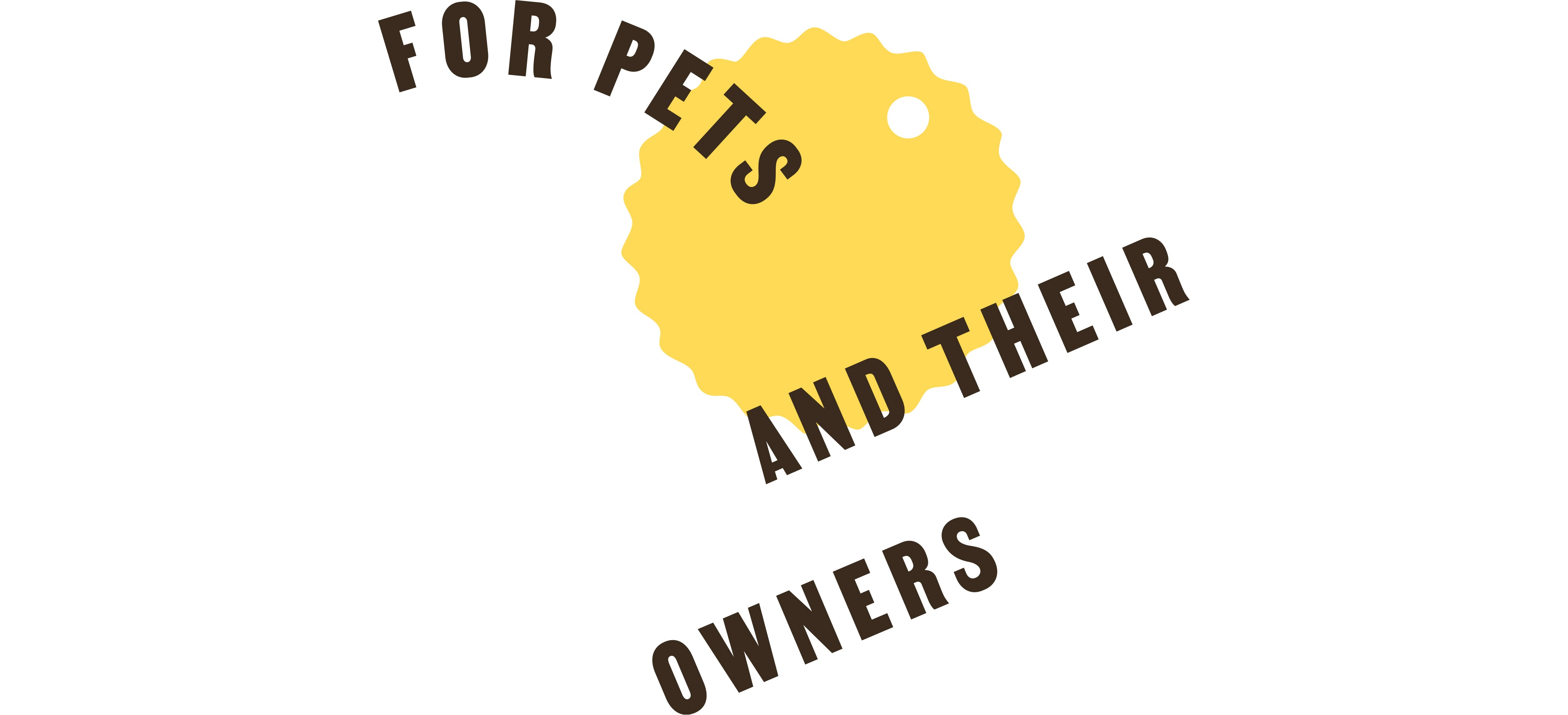Cough in dogs: causes and treatment
Coughing in dogs is a protective mechanism. It usually appears as an automatic reflex to a stimulus that irritates the respiratory tract. This involuntary reaction is responsible for keeping the airways clear of mucus secretions and foreign bodies. However, coughing can also be a symptom of certain diseases and respiratory problems. If your pet is coughing a lot, in today’s article we explain the causes of coughing in dogs and how to treat it.
Why does coughing occur in dogs?
To distinguish the causes of coughing in dogs, we need to know the different types of cough. In general terms, we can differentiate between non-productive cough, also known as dry cough without expulsion, and productive cough or wet cough with expulsion. Below we explain the characteristics of each, as well as the causes behind them.
Non-productive or dry cough
Dry cough is a dry, strong, and repetitive cough that can be very annoying and painful for our furry friends. When it continues over time, it becomes stronger and triggers a vicious cycle. It is usually caused by one of the following factors:
- Infection or inflammation of the respiratory tract.
- Inhalation of irritating gases such as smoke.
- Obstruction caused by foreign bodies, such as liquids and food.
- Tracheal collapse, caused by a blow or a pull on the collar.
- Presence of internal parasites.
- Pressure in the airways caused by the inflammation of tumors or lymph nodes.
Productive or wet cough
Unlike dry cough, productive cough is characterized by the expulsion of mucus secretions. In addition, it is a softer cough that is usually accompanied by retching. Normally, wet cough appears after sleeping or after a period of rest. These are the main causes of productive cough in dogs:
- Cold.
- Pharyngitis.
- Chronic bronchitis.
- Allergic, parasitic, or bacterial pneumonia.
- Other diseases or respiratory problems.
Tips to treat and prevent coughing in dogs
When lasting more than two weeks, both wet and dry cough can develop into acute or chronic cough. Therefore, if your dog is coughing a lot, it is important to take it to the vet as soon as possible so they can confirm the diagnosis and determine the most appropriate treatment. This will depend on the type of cough and its underlying causes:
- When it is a mild cough, caused by a simple cold, it is enough for the animal to rest so that its immune system strengthens and recovers.
- If it is a wet and productive cough, it is advisable to administer a mucolytic or expectorant to help expel mucus.
- In the most severe cases, pharmacological treatment with anti-inflammatory drugs, antibiotics, or bronchodilators will be necessary.
Prevention is the best treatment against cough. If you want to avoid your pet catching infectious diseases, keep it away from other sick animals or those showing respiratory symptoms. On the other hand, if your furry friend has health problems, it is also not advisable for it to interact with other dogs, since with low defenses it will be more likely to contract other diseases.
Without a doubt, the best way to prevent coughing in dogs is to keep their immune system strong through a healthy lifestyle. With a balanced diet and daily exercise, you will save your four-legged companion from more than one cold.
